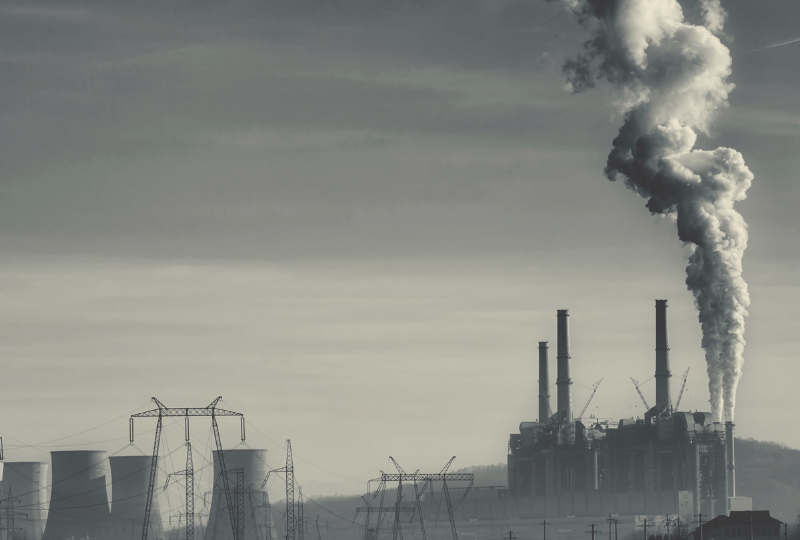A Testimony by Alecia Brewster
The author is a newly elected JustFaith Ministries Board member. Before launching Love First, LLC consulting, Alecia served as Program Director for Sustaining Way and South Carolina Interfaith Power. Her career began as an elementary teacher in Greenville County and Charleston County Title I schools where she witnessed the direct impacts of poverty on her students and families. Alecia serves as Tri-Chair of South Carolina Poor People’s Campaign, a movement building awareness and action to address the interlocking injustices of poverty, racism, environmental degradation, militarism, and religious nationalism. She is a graduate of College of Charleston and Clemson University and the proud mom to Zora, Zachary, and Alissa Grace.
Before entering the nonprofit and climate justice space, I was a teacher and a mom. As an elementary teacher serving historically underserved communities, I witnessed the direct impacts of poverty on our students and families. My role as teacher often turned into fundraiser, mentor coordinator and resource navigator.
I didn’t fully wake up to the realities of poverty, racism, and health disparities, however, until I lost my mother to cancer days before her 50th birthday. My mother rarely talked about her illness, but I know that she questioned how a healthy person who never smoked and lived a healthy lifestyle could succumb to breast cancer. She languished silently for years like many poor children and black children suffering from harmful policies and industries that pollute their communities. In their young lives, the health differences between these children and their white, wealthier peers are minimal, but by adulthood the long-term impact of race, environment and economics contribute to significant health, education, and economic disparities.
As a black female nonprofit consultant, I hope to improve the quality of life for youth, advance environmental and climate justice, and speak truthfully about race, equity, and inclusion. For example, I’m currently working alongside residents and communities who feel ignored by government officials and believe their community’s vision and health are sacrificed to appease the desires of wealthier newcomers and businesses. My work includes intentional listening, consensus building, shared goal identification, and relationship rebuilding. Ultimately, underserved communities and residents are provided with training and support to advocate for environmental justice, improved policies, and a seat at the table when decisions are made about them or their community.
Building trust and buy-in for this work is slow, but it is a necessary ingredient for transformation to occur and for sustainable grassroots leadership to emerge. As our community building and climate justice work progresses, I’ve learned that it is important to weave in social justice and organizing funds, issue experts and workforce development opportunities that align with community objectives. As a resident reminded me today, “I think we’re making great progress, but we need to keep it moving.” While disproportionately impacted communities can help lead the way toward change that works for all, they need connections with others who share their values and want to end structural oppression and environmental injustices.
Although I couldn’t find the right words to console my cancer-stricken mother 15 years ago, each day that I wake up I am working to make South Carolina more inclusive and equitable so that our policies and practices reflect the innate value of all people and communities.

